Cocopeat usually referred to as coir, is a non-fibrous, light material that holds the coco fiber in the coconut husk. Coco peat is gathered, filtered, dried, and then pressed together for use in horticulture and agriculture.
Hydroponics, soil mixtures, and container plant growth all benefit greatly from the use of coco peat as a growing medium. Organic rooting hormone and anti-fungal qualities are present in this pure coco peat. It is also reusable as it is good for the environment.
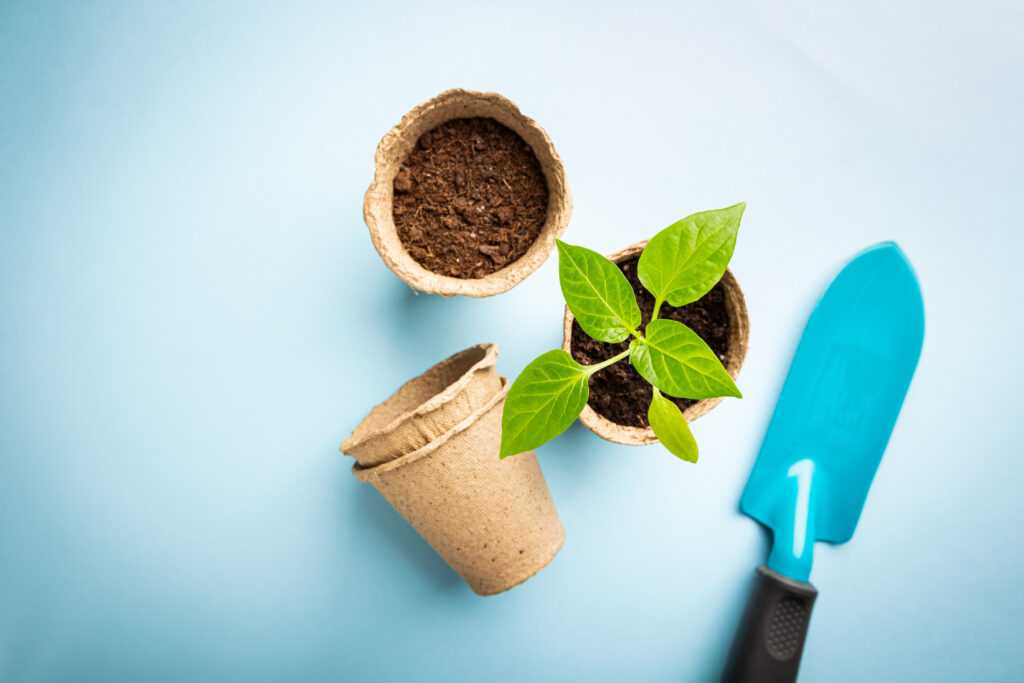

Cocopeat usually referred to as coir, is a non-fibrous, light material that holds the coco fibre in the coconut husk. Coco peat is gathered, filtered, dried, and then pressed together for use in horticulture and agriculture.
Hydroponics, soil mixtures, and container plant growth all benefit greatly from the use of coco peat as a growing medium. Organic rooting hormone and anti-fungal qualities are present in this pure coco peat. It is also reusable as it is good for the environment.
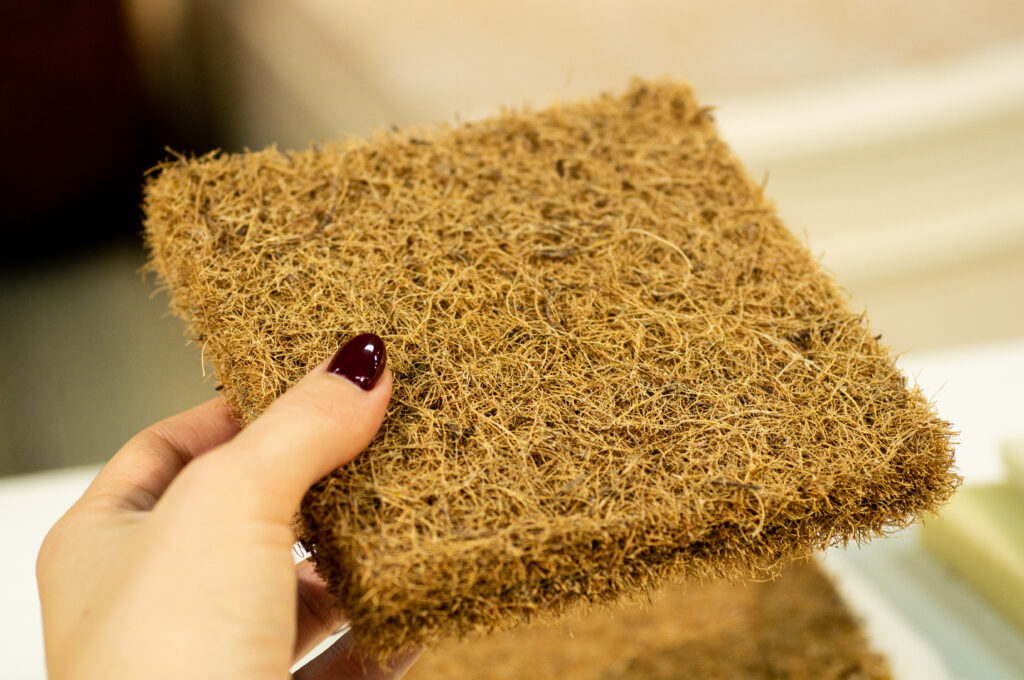
When compared to soil, coco peat has a much greater capacity to hold water which it gradually distributes to plant roots. Cocopeat deteriorates slowly. With a ten-year lifespan before it starts to degrade, it offers long-term advantages. It is well recognized for keeping the soil loose and aerated. Cocopeat is mobile because it can be compacted to a small portion of its original volume.
A short clean and strain will make it functional once more. When compared to soil, coco peat has a much greater capacity to hold water, which it gradually distributes to plant roots. Cocopeat deteriorate slowly. With a ten-year lifespan before it starts to degrade, it offers long-term advantages. It is well recognized for keeping the soil loose and aerated. Cocopeat is mobile because it can be compacted to a small portion of its original volume.

Coco fiber usually referred to as coir, is a natural fiber that may be extracted from the coconut husk, which is found between the coconut’s tough internal shell and outer coat. There are two varieties of coco fiber: the finer white fiber, which is taken from immature green coconuts, and the more widely used brown fiber, which is derived from mature coconuts.
Due to its eco-friendliness, biodegradability, and availability as a sustainable substitute for peat moss, coco fiber is in high demand these days. In products like mats, doormats, brushes, and upholstery, coconut fiber has a good degree of firmness.
Coco fiber is naturally resistant to rotting.
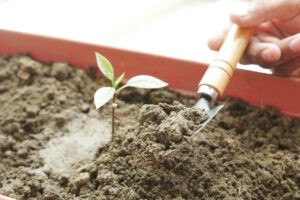
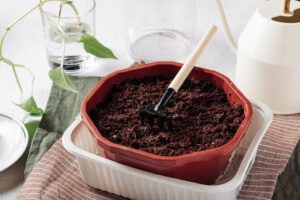
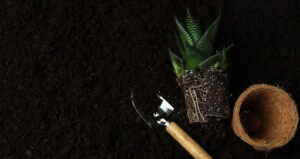


Subscribe to our newsletter for the latest updates on our exquisite product collection.

© 2022 NIKOBA INTERNATIONAL • All Rights Reserved